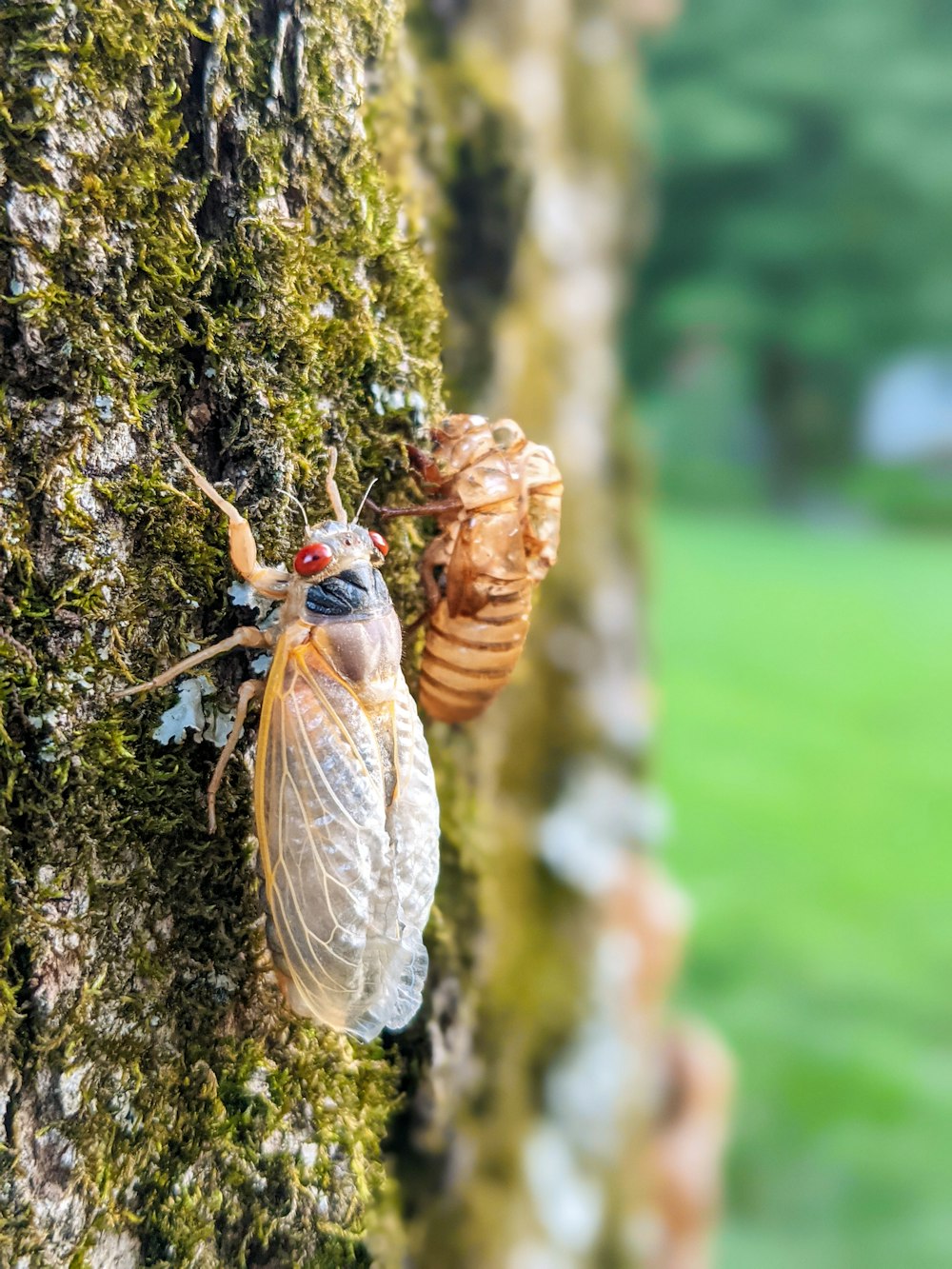Wage War Against the Woody Wasp: Sirex Wood Wasp In Brisbane
Wage War Against the Woody Wasp: Sirex Wood Wasp In Brisbane
Image Source: Unsplash
The city of Brisbane, a lush, green paradise, is home to an array of diverse flora. Among these, pine trees hold a special place, offering shade and serenity to many a passer-by in the beautiful suburbs of Moggill, Annerley, Moorooka, Holland Park, Stafford, Chermside, Ashgrove, Bardon, Aspley, Hendra and the Moreton Bay Region. Yet, these silent sentinels of the city are under siege from a formidable foe - the Sirex wood wasp.
1. The Sirex Wood Wasp: A Portrait of the Enemy
The Sirex wood wasp, a destructive insect pest, has been known to wreak havoc on pine plantations. This invader from Eurasia and Morocco has successfully colonized parts of Australia, New Zealand, South Africa, South America, and North America. In the Southern Hemisphere, it is regarded as the most damaging enemy of pine plantations.
In the heart of Brisbane, the pine tree stands proud. The city has been blessed with an abundance of pine species, including the Pinus radiata and the P. taeda. These trees, however, are susceptible to the destructive feeding habits of the Sirex wood wasp. The wasp's attack strategy is a lethal combination of venom and a fatal wood-rotting fungus that the insect injects into the tree, pre-digesting the wood for its offspring.
2. The Battle So Far
The Sirex wood wasp's arrival in Australia in the 1950s nearly eradicated Tasmania's radiata pine industry. The wasp also caused the loss of millions of trees on the South Australia-Victoria border during the late 1980s. Despite these losses, the plantation softwood industry in Australia continues to be valuable, estimated to be worth $1.22 billion in 2020-21.
Renowned CSIRO scientist Robin Bedding is credited with pioneering the use of nematodes as a biological control measure against the wood wasp. A particular roundworm he discovered was found to be capable of sterilizing Sirex females and feeding on the fungus spread by the wasp. This innovative method has played a crucial role in keeping the wood wasp's damage in check, though breeding the roundworm has proved to be a challenge.
3. The New Hope: Deladenus Siricidicola
Brisbane's battle against the wood wasp has a new ally. A team of researchers, including Queensland scientist Dr. Helen Nahrung from UniSC's Forest Research Institute, discovered a new nematode in the forests of New South Wales, South Australia, Tasmania, Victoria and on New Zealand's North Island. This nematode, named Deladenus siricidicola (Lineage D), could prove to be a game-changer in the fight against the wood wasp.
The discovery of this new nematode adds a much-needed dose of genetic diversity to the biocontrol options available to the timber industry. This nematode has two distinct forms - one that feeds on the wood wasp's fungus, and the other that becomes parasitic when it comes into contact with Sirex larvae.
4. The Nematode's Modus Operandi
The nematode's life cycle is nothing short of fascinating. When the nematode is in close proximity to Sirex larvae, it transforms into a parasitic form, burrows into the larvae, reproduces, and invades the reproductive organs of the developing females. As a result, when the wasp emerges, it lays a packet of nematodes instead of eggs into the next tree. These nematodes then proceed to sterilize the next generation of females, breaking the wasp's life cycle and curbing its population.
5. The Safety of the New Biocontrol Measure
Dr. Nahrung assures that this new roundworm poses no threat to the environment as it only targets wood wasps. The process of releasing these nematodes in pine plantations involves using a trap tree plot program. Here, trees are stressed using herbicides, attracting the wasps. The wasps then concentrate on these trap tree plots. Subsequently, the tree is felled with the wasp larvae in it, and the nematodes are inoculated into it with a specially designed hammer and punch, where they parasitize the Sirex larvae.
6. The Future of the Fight Against the Sirex Wasp in Brisbane
While the Sirex wasp has not been detected in Western Australia or the Northern Territory, it has arrived in Queensland, though it is yet to reach the crucial coastal plantation regions of Beerburrum north of Brisbane and the Fraser Coast. Timber Queensland chief executive Mick Stephens emphasizes the importance of remaining vigilant against the threat of the pest taking hold in the state.
The discovery of the new nematode offers hope for the future of pine plantations in Brisbane and the surrounding regions. Researchers are now collecting samples of the new nematode from pine plantations for mass-rearing and release against the Sirex wasp.
7. The Role of Control Pest Management Brisbane
In these challenging times, the services of pest management companies become all the more critical. One such company is the Control Pest Management Brisbane, led by Raymond McConville. They have been providing effective and affordable pest control solutions in Brisbane and the surrounding regions, including Moggill, Annerley, Moorooka, Holland Park, Stafford, Chermside, Ashgrove, Bardon, Aspley, Hendra, Moreton Bay Region, South Brisbane, and the Brisbane Region.
8. Get in Touch with Control Pest Management Brisbane
For more information on their services, you can contact Raymond McConville at (07) 5241 1063 or via email at ray@controlpestmanagement.com.au. You can also visit their Google page or Facebook page for more details.
9. The Final Word
While the Sirex wood wasp poses a formidable threat to the pine trees of Brisbane, the discovery of the new nematode offers a ray of hope. With effective pest management strategies and the tireless efforts of researchers and pest control professionals, Brisbane's pine trees may yet withstand the wood wasp's assault.
10. References
- "Scientists have discovered a new biocontrol measure to fight a destructive wasp that attacks the softwood pine trees we rely on to build our homes and furniture." ABC News.
- "Native to Eurasia and Morocco, sirex wood wasps were accidentally introduced to the southern hemisphere, including Australia, New Zealand, South Africa and South America." Wikipedia.
- "A strain of roundworm discovered for the first time in Australian pine plantations during University of the Sunshine Coast-led research could become the timber industry’s latest biocontrol weapon." The University of the Sunshine Coast News.
- "Control Pest Management Brisbane." Control Pest Management Website.


Comments
Post a Comment